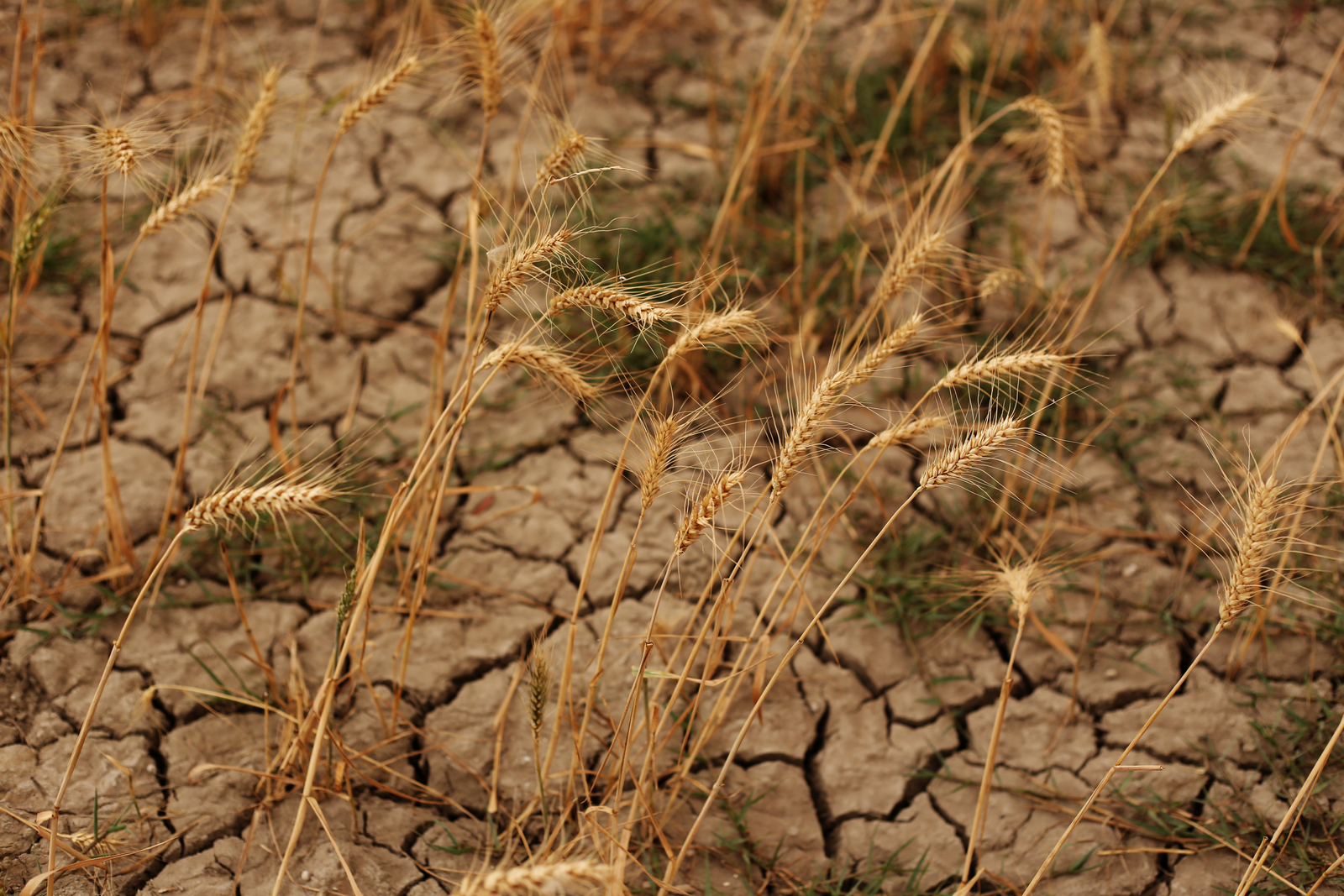
CCS Environmental Analysis, January
Trouble for natural gas and nuclear energy: Disputes over the EU taxonomy The European Commission recently presented its long-awaited regulatory proposal as to how natural gas and nuclear energy should be treated in the EU taxonomy for sustainable finance activities. Different forums of discussion Energy types are essentially only entered into the taxonomy for a …


